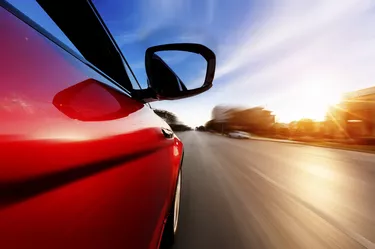
When someone dies with a balance remaining on his car loan, what happens next can depend on where the deceased lived and if he was married. In most cases, his estate will either dispose of the car, pay off the loan or transfer the liability for it to a beneficiary.
Claims against the Estate
Video of the Day
Friends and loved ones usually are not responsible for a deceased person's debts. His estate pays them as part of the probate process. Creditors make claims against the estate for the money owed and the executor pays them from the estate's assets. A car loan is secured by the vehicle, however, so this can put a slightly different spin on things. The obligation might pass to a beneficiary if he was bequeathed the car in the will. If he gets the asset, he gets the debt, too, unless the deceased left instructions that his estate should pay the loan off for him. Otherwise, the executor might let the lender repossess the car, or sell it and pay off the lien with the sales proceeds.
Video of the Day
Community Property States
Nine states follow community property law -- Washington, California, Nevada, Wisconsin, Arizona, Louisiana, Idaho, New Mexico and Texas. If the deceased lived in one of these jurisdictions, if he was married, and if the auto loan was taken out during the course of the marriage, the lender can pursue his spouse for payment of the debt under some circumstances.